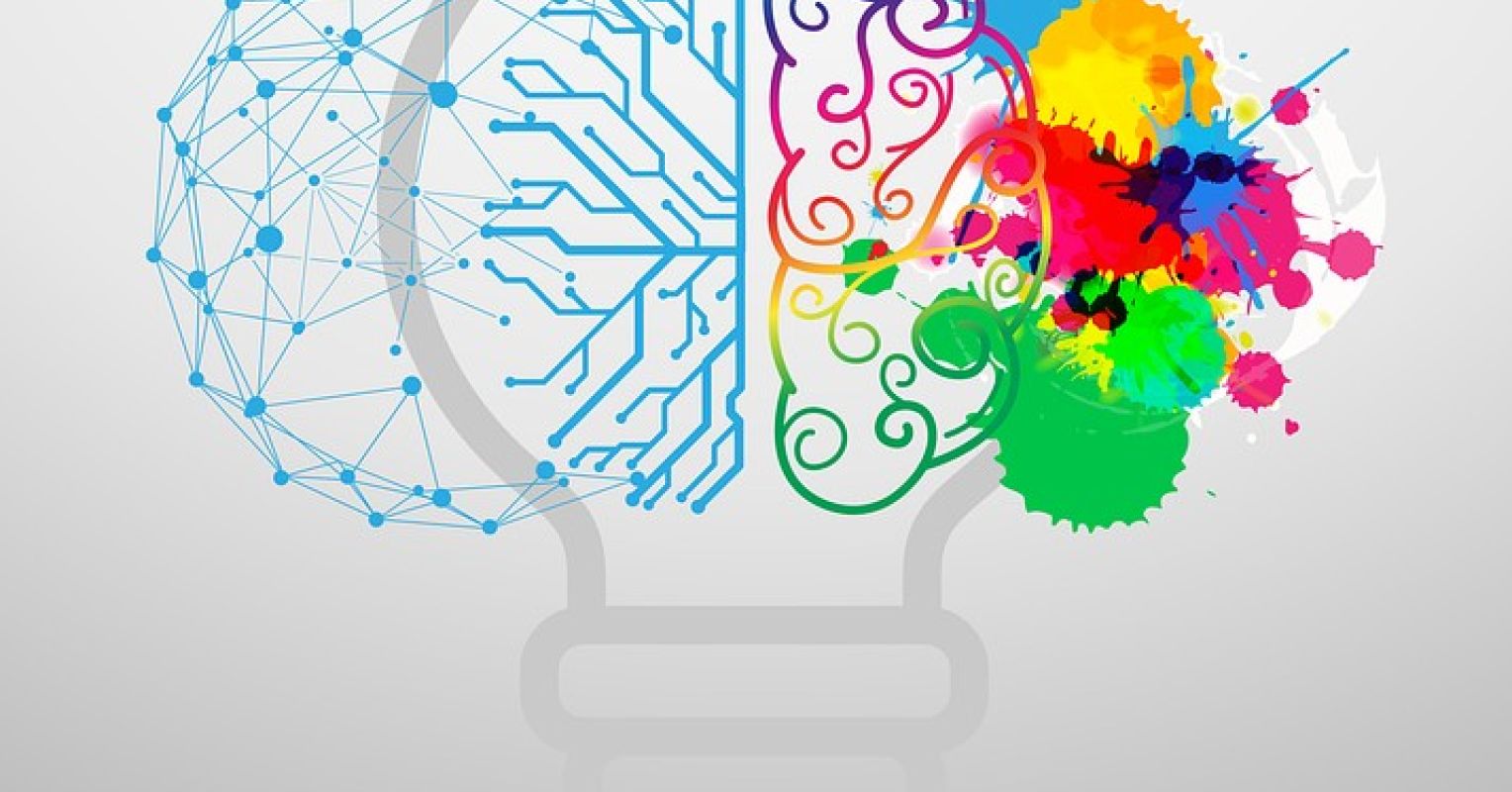
"We're already witnessing the emergence of AI scientists and AI-assisted researchers, signaling a shift in the way science is conducted, particularly in drug discovery for cancer."
"Historical major scientific discoveries predominantly follow the scientific method, accounting for 75% of Nobel Prize-winning work, contrasting with the rare chance discoveries."
"By utilizing the LLM GPT-4, researchers have enabled AI to create and evaluate scientific hypotheses, enhancing the process of drug combination discoveries."
"The common scientific method remains critical, involving observation, hypothesis formation, testing, and iteration, ensuring rigorous evaluation of potential treatments."
A study by the University of Cambridge showcases the use of AI, specifically GPT-4, to identify unconventional drug combinations for breast cancer treatment. This approach signals a transformational shift in scientific research, moving towards AI-assisted methodologies. Historically, successful scientific discoveries have relied heavily on the scientific method, which has driven 75% of major science breakthroughs since 1900. In this study, GPT-4 generated and evaluated hypotheses, with human researchers assessing drug efficacy in lab tests, illustrating the potential of generative AI in advancing cancer treatment discovery.
Read at Psychology Today
Unable to calculate read time
Collection
[
|
...
]